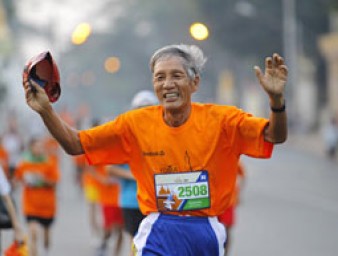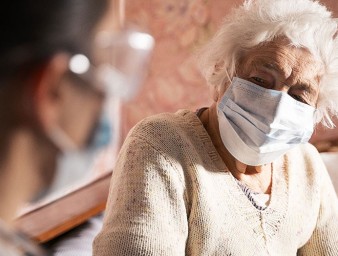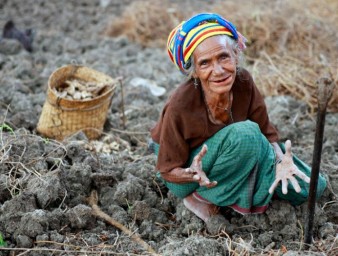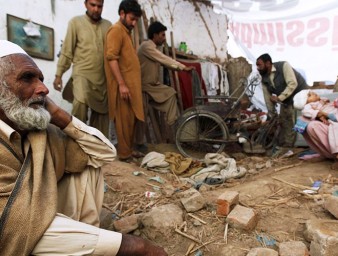Eliminate ageism and age discrimination, says UN expert
01 October 2021
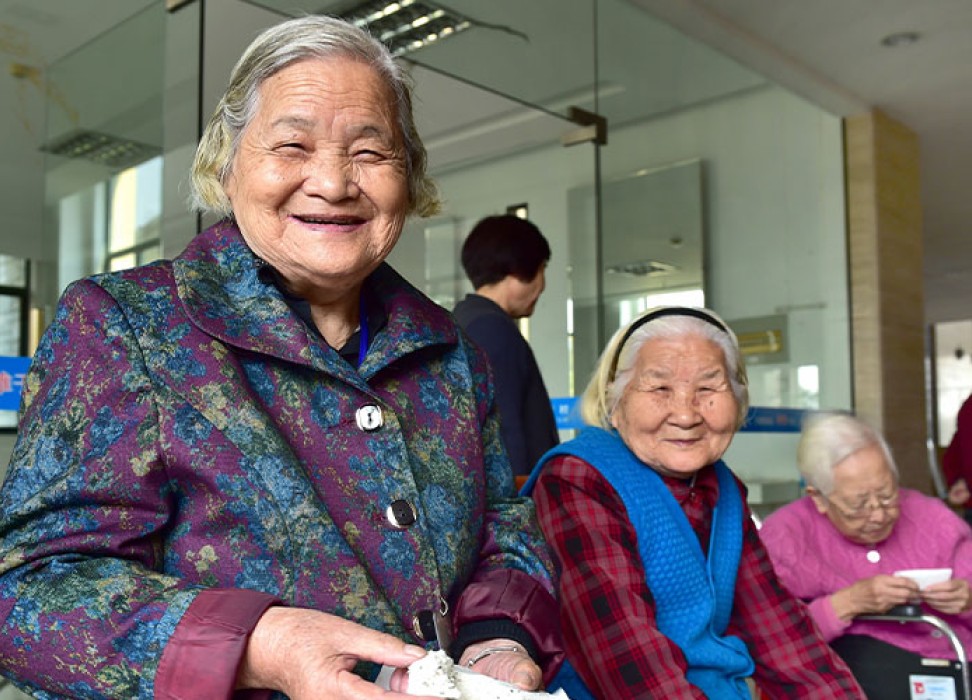
“Countering ageism and eliminating age discrimination is a starting point for the full enjoyment of the human rights of older persons,” said Claudia Mahler. “There cannot be dignity and equality of rights if older persons continue to be viewed primarily as beneficiaries of care and support that create pressure on budgets and resources.”
Ms Mahler, the UN Independent Expert on the enjoyment of all human rights by older persons, was presenting her latest report to the 48th Regular Session of the Human Rights Council in Geneva, Switzerland.
Ageism, says Mahler, manifests in stereotypes, prejudices and/or discrimination against older persons based on their age or on a perception that a person is “old.”
Earlier this year, the first ever UN Global Report on Ageism outlined that half of the world’s population is ageist against older persons.
Mahler’s report highlights that policies and laws often reflect generalised perceptions of older persons as recipients of assistance and care. This happens, says the report, “despite the fact that older persons are one of the most diverse segments of the global population.”
“Ageism is so pervasive in our society that it goes largely unrecognised and unchallenged,” said UN High Commissioner for Human Rights Michelle Bachelet, speaking at a side-event discussing the report and its recommendations.
“To combat ageism, we must shift our mindsets and challenge the narrative of older people as frail, dependent and vulnerable,” said Bachelet.
Ageism: the effects
According to Mahler, ageism and age discrimination “profoundly shape the lived realities of older persons.” Older patients in healthcare may be exposed to patronising and dismissive language from healthcare professionals, she said, and older persons can be perceived as “unimportant, disposable and a burden to society,” driving violence, abuse and neglect.
As the report also notes, emergency policies and plans often do not consider the situation and needs of older persons, which results in inadequate services and relief, with potentially serious consequences for their lives and health.
Moreover, ageism aggravates other forms of inequalities based on gender, disability, gender identity and sexual identity, ethnic origin, and other grounds. The report emphasises that to ensure older persons realise the potential of longer lives in dignity and equality, it is important to address how older age intersects with other ”isms,” such as racism, sexism and ableism.
Need for a paradigm shift
The report outlines the critical need to eradicate ageism and age discrimination. Mahler says that a human rights approach is needed in order to shift from the welfare paradigm, “to one recognising older persons as rights bearers’ that have the same guarantees of dignity, equality, participation, autonomy and independence during their entire life course.”
To that end, the report recommends, States must accelerate the development of policies, laws and practical measures to combat all forms of ageism and age discrimination.
Mahler is calling for a comprehensive international treaty on the human rights of older persons, which would prohibit any form of discrimination based on age and provide standards and guidance on how to ‘practically and meaningfully promote, fulfil and protect the human rights of older persons.’
The voices, perspectives and expertise of older people also need to be incorporated in policymaking, particularly where they will be most affected, added Michelle Bachelet.
“More inclusive, equitable and age-friendly societies will be more resilient, sustainable, secure and fair,” she concluded.
1 October 2021
